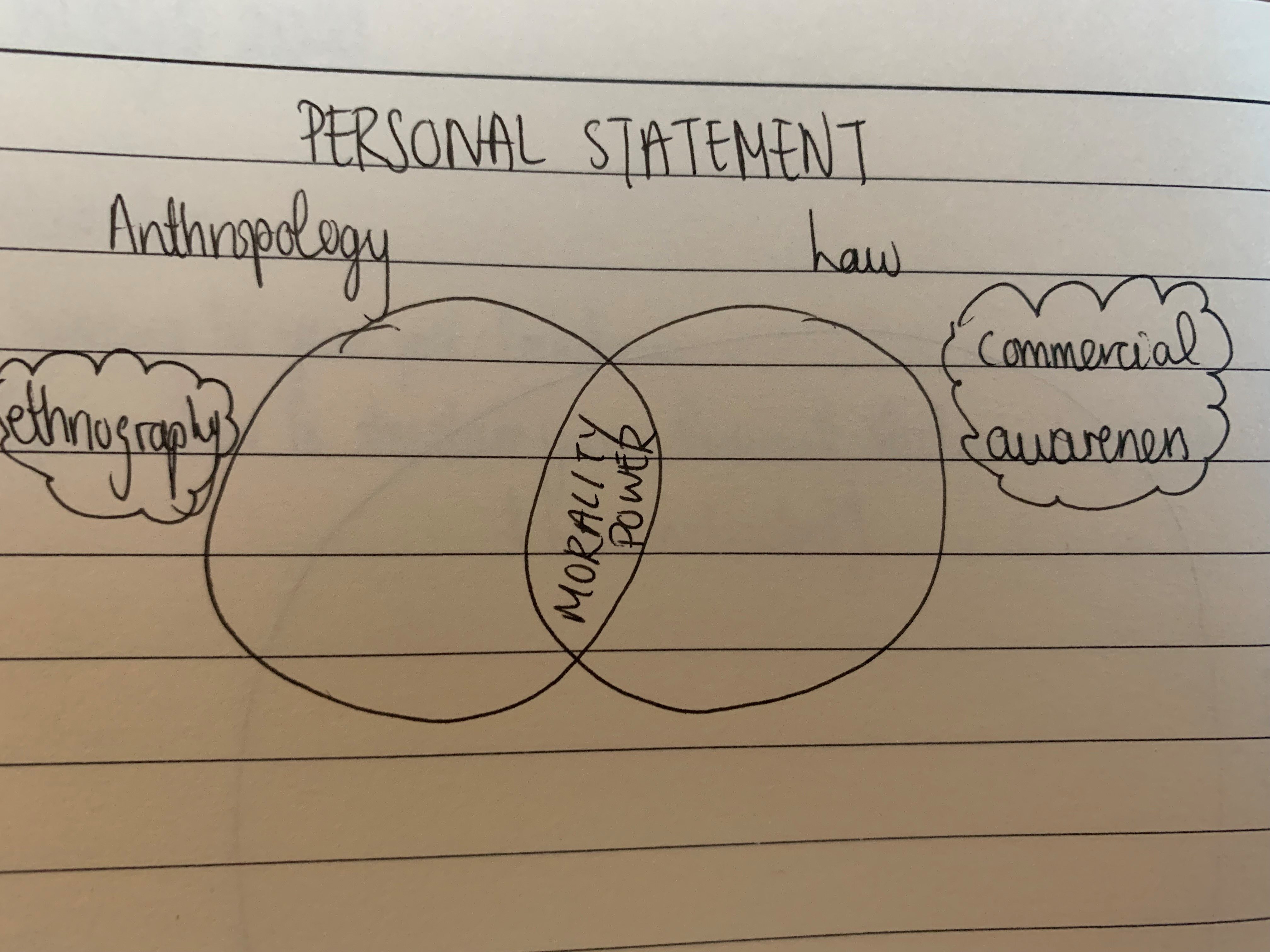5Writing a personal statement can be extremely stressful, but it is absolutely crucial that you get this part of the application process right. While your grades, references and extracurricular activities may be outstanding, if your personal statement is not top notch, you may have to wave goodbye to your dream university. So read on to find out some of the best tips I used to write my personal statement.
1. Planning
You should always plan prior to writing anything important, and the same is said for your personal statement. List everything you’ve accomplished and then narrow it down to the most important things you want to include in your statement. This is because, when writing, you don’t want to list every accomplishment. You can only write 47 lines of text. Instead, you want to intertwine the accomplishment with the skills you’ve learned. For example, if you play football, you can talk about how it has helped you develop relationship management and teamwork skills.
2. Research
After you’ve developed a rough plan, you should research the themes you’d like to include in your personal statement. Each degree has a programme page in the LSE website. You can browse the modules here and try to incorporate some of the topics and the programme structure into your own statement. There is also a reading list that you will find useful when researching relevant areas.
3. Exemplar personal statements
As much as these may benefit you, try to limit yourself to only reading a few. Personal statements are exactly what they sound like: they are PERSONAL! While you can incorporate elements of the example statements into your own statement, the flow and content should be unique to you. The admissions committee does not want to read something similar to what they have already read.
4. Spelling and grammar
As simple as it may appear, correct spelling and grammar are a requisite for personal statements.
5. Do NOT copy
I cannot emphasise this enough: there are numerous plagiarism checkers within the UCAS software that will flag any plagiarised statements. If you need to include a quote, put the entire phrase in quotation marks and properly cite it. You can say something like, as stated by David Attenborough, ‘’…..’’.
6. Tell a story
You must persuade the reader of your motivation for pursuing this degree for the next three years. Do not simply state, “I want to study economics because I read the Financial Times“. Consider what you read in the Financial Times that piqued your interest in economics. What topic struck a chord with you?
7. Do not lie
Although it may be tempting, the admissions team can detect when people are lying or exaggerating their achievements.
8. Proof readers
While proofreading is beneficial, try to limit it to no more than five people. Preferably two academics, one family member/relative, and two people from your desired field of study. Of course, your friends are perfectly fine as well, but academics are probably the best people to go to for helpful tips on the content of your personal statement. I assert against having too many people proofread it, because there may be vying points of view.
9. Catchy opening line
“I’ve always wanted to study Economics since I was born”, is not going to get you into LSE. You’ll need a catchy opening line that will entice readers to read on. If you don’t nail this, the reader isn’t going to want to read on.
Final Remarks
While writing your personal statement may seem daunting at first, once you get started, you’ll find yourself erasing words to try to stay under the word limit. Overall, the process is rewarding, especially once you start receiving offers through the UCAS Tracker! I wish you the best of luck with your application and hope to see many of you at the LSE in September 2023! See here for further details and information on how to write your perfect personal statement. Alternatively, feel free to contact our UG Admissions Team here.





